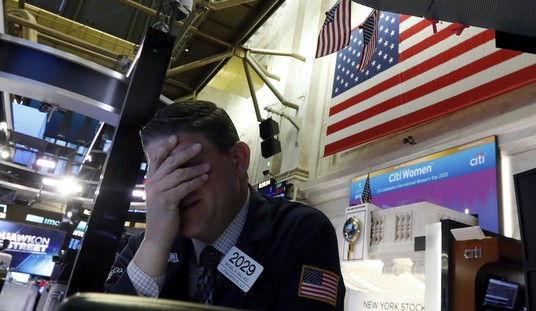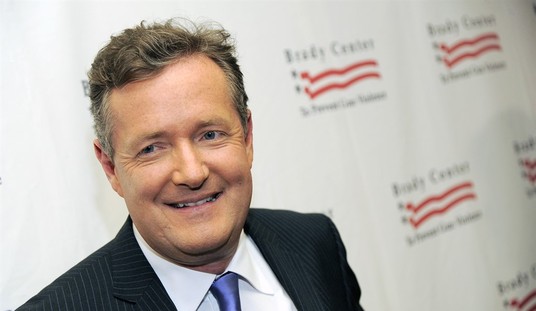Editor's Note: This column is authored by Steven F. Hayward, a resident scholar at the American Enterprise Institute.
The connection between intelligence and wisdom has been debated since the beginning of recorded history, but it seldom finds more acute form than in our consideration of presidents and presidential candidates. No one disputes that very smart people can do dumb or evil things, and that wisdom is often found in seemingly childlike verities. Some smart presidents have had unsuccessful presidencies (Jimmy Carter comes to mind), while presidents considered less intelligent have performed well. Is being smart in the IQ test-score sense sufficient to predict success in the Oval Office?
Everyone would agree that we want presidents who are smart and well educated. Social scientists and cliometricians (that is, historians who work with statistics) have developed ingenious ways to connect intelligence with presidential performance. Dean Simonton, a psychologist at the University of California, has made a fetish of crunching numbers to correlate various aspects of intelligence with presidential performance. In a series of academic articles, Simonton compiles estimates of presidential cognitive traits going back to George Washington, and finds that John Quincy Adams, with an estimated IQ of 175, was our very smartest president, while Ulysses S. Grant, with an estimated IQ of 130, had the lowest IQ of all presidents. What to make of this? Adams only served a single contentious term, while Grant, a two-term president in the difficult Reconstruction years, was the key general in winning the Civil War for the North. It’s probably pushing the IQ statistics too far to conclude, as does Harvard’s Steven Pinker, that “for every IQ point, 13,440 fewer people die in battle,” the implication being that “dumber” presidents involve the nation in more wars.
Pure statisticians would probably dismiss this kind of exercise as being compromised by a too small sample size (only 43 men have held the presidency) and “confounding variables,” such as the events that occur during their time in office. This is like trying to forecast a baseball player’s entire season based on ten at bats in the first two games that included two walks, an error in the field, and a wild pitch. The range of IQ scores, with every president between 130 to 175, suggests they were all pretty smart guys. What they knew, and how they knew it, is surely more important than raw intellect. And if IQ points alone guaranteed judgment, we might well skip elections, or replace the electoral college with the MENSA board of directors.
Recommended
What educational background is best for a president? Even though most modern presidents have an ivy league education or its close equivalent (Jimmy Carter, for example, attended the Naval Academy at Annapolis), it is possible that this factor, too, is overestimated, or at least cannot provide a clear filter for presidential performance. Woodrow Wilson, our only Ph.D president, was certainly consequential on account of World War I, but he remains highly controversial as to how wise or successful a president he was. The first President Bush was a Yale man; he was ousted from office by a Yale law graduate (Clinton). Our last president, George W. Bush, had a Harvard MBA; President Obama has a Harvard law degree. Should Mitt Romney become our next president, he will boast both Harvard degrees. These three men are very different, and not just in ideology. Is the seeming Harvard monopoly on the White House right now reassuring or troubling?
Perhaps we should embrace the contrarian idea that presidents from even our most elite institutions are likely to conform to conventional thought rather than be the independent and imaginative presidents who provide the strongest leadership. Ronald Reagan attended tiny Eureka College, but when it came to his political ideas, he was largely self-taught in mid-life, both through study and experience. The most interesting case study among modern presidents is probably Harry Truman, the only 20th century president without a college degree. Yet Truman had a curious mind, and was a voracious reader of history. Similar to Reagan, he was a self-taught man, and his self-education went a long way toward defining his character and decisiveness in an office he never sought for himself.
Truman and Reagan, along with Eisenhower and a few other underrated presidents, always fare poorly on the social science screens for intelligence (though Reagan is said to have had an IQ of 142 in Simonton’s assessment), but we might wish for more unconventional presidents like them, rather than another drearily conventional product of the establishment.
Steven F. Hayward is a resident scholar at the American Enterprise Institute, and the author of The Politically Incorrect Guide™ to the Presidents: From Wilson to Obama.

























Join the conversation as a VIP Member